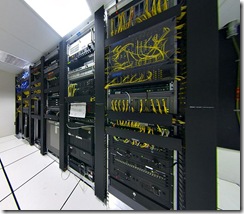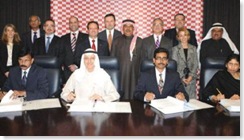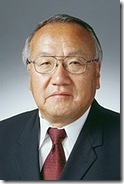Almost 50 per cent of Ericsson’s publicly announced infrastructure contracts during H108 were related to WCDMA, according to research conducted by Comm.
Ericsson announced 35 infrastructure contracts in the six months to end-June 2008, 17 of which were related to the delivery of WCDMA equipment. Of those, 14 contracts, or 82 per cent, also extended to the delivery of HSPA infrastructure, indicating the traction the WCDMA upgrade technology is enjoying in markets around the world.
In comparison, Motorola publicly announced 30 infrastructure and enterprise solutions contracts during H108, only one of which was related to WCDMA infrastructure. Motorola has been the largest proponent of WiMAX technology, and during the six months to end-June recorded four WiMAX contracts, including a deal to supply 198,000 WiMAX customer premises equipment devices to Wateen in Pakistan, announced at the end of January 2008.
Motorola also witnessed strong deal flow in the area of TETRA, the terrestrial digital radio technology, with six contracts being announced with clients including airports, city municipalities and healthcare organisations. A full list of contract awards for Ericsson and Motorola in H108 will be included in the February issue of Comm.
Given the global economic slowdown, industry analysts and commentators have suggested that equipment vendors are set to be negatively impacted in 2009, though operators in emerging markets such as the Middle East and Africa are set to be less affected than those in more developed regions, resulting in a smaller fall-off of CAPEX investment.
Speaking on the back of the announcement of Q308 results last year, Ericsson CEO Carl-Henric Svanberg said the business in the Q309 had not been impacted by the financial turmoil, and said he believed customers were generally financially strong.
“We have a positive longer-term view for our industry, however, as we look into 2009, we continue to plan for a flattish market, and we have measures in place also for tougher conditions,” Svanberg said.
Ericsson is set to report Q408 and full year results January 29, while Motorola is set to follow suit on February 2.







